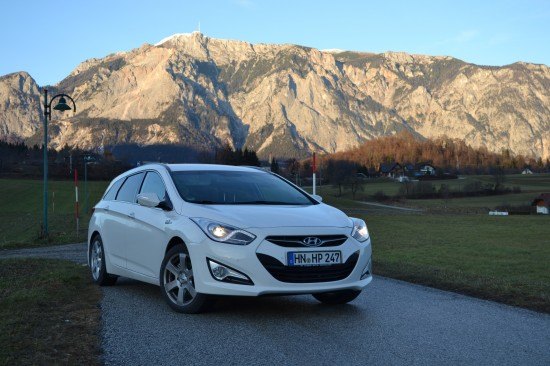#6MT
Piston Slap: MT 6-speed Hyundai Sonata…Coda?
TTAC commentator Arthur Dailey writes:
Sajeev,
Over 40+ years of driving, I have traditionally changed cars every 2 years and never kept one for longer than 5 years or 150,000km. However I made my most recent car purchase with the intention of keeping it for 8 years or 200,000km.
With the belief that in modern autos perhaps the most expensive item to repair is the transmission (owning 4 Caravans in the preceding 15 years reinforced this), following the truism that “it is more fun to drive a slow car fast than a fast car slow”, and being admittedly George Costanza like in my spending habits I ordered a vehicle with a manual transmission. Yes, a manual Hyundai Sonata.
Autoblog Finds The New M5 6MT To Be Quite Unsatisfying At Nine-Tenths
We haven’t had the chance to thrash the newest M5 around a racetrack yet, but Autoblog has been granted the privilege of running “nine-tenths” around both the Ascari course (in the DCT) and Laguna Seca (in the new six-speed manual variant). What do they have to say for themselves?
Review: 2012 Hyundai I40cw BlueDrive (Euro-Spec)
Editor’s note: be aware that the images are extremely large, in order to show off TTAC’s rare opportunity for amazing photo shoot locations.
What makes a flagship? It’s a question that gets to the heart of one’s philosophy as a car reviewer, and no better example exists to explore the issue than Hyundai. Here in the US, Hyundai’s unquestionable flagships are the large, rear-drive Genesis and Equus, well-equipped traditional luxury bruisers at a value price. And though these plush-but-understated cars sell well enough in these economically uncertain times (and they certainly help Hyundai embarrass the likes of Cadillac, which still lacks a true, large, rear-drive flagship barge), they don’t completely fit with the brand values that Hyundai has ridden to prominence across the globe. They’re not wildly efficient, they lack Hyundai’s dramatic “fluidic sculpture” design language, and they’re dreadfully conventional in light of Hyundai’s professed mission to promote “New Thinking, New Possibilities” in the automotive space. Indeed, they’re almost the last throwbacks to Hyundai’s old image of slightly stodgy cars that simply beat the competition hollow on value.
But if we look past the undeniable market logic to offering the Genesis and Equus in the US, it becomes clear that Hyundai has another flagship that almost perfectly captures the reasons the Korean brand has become such a force in the global car business in recent years. Though it might not be the right flagship for the US market, the Hyundai i40cw is far closer to representing the platonic ideal of Hyundai’s brand than any other car the brand offers. And as such it’s also just a damn good car.


















Recent Comments